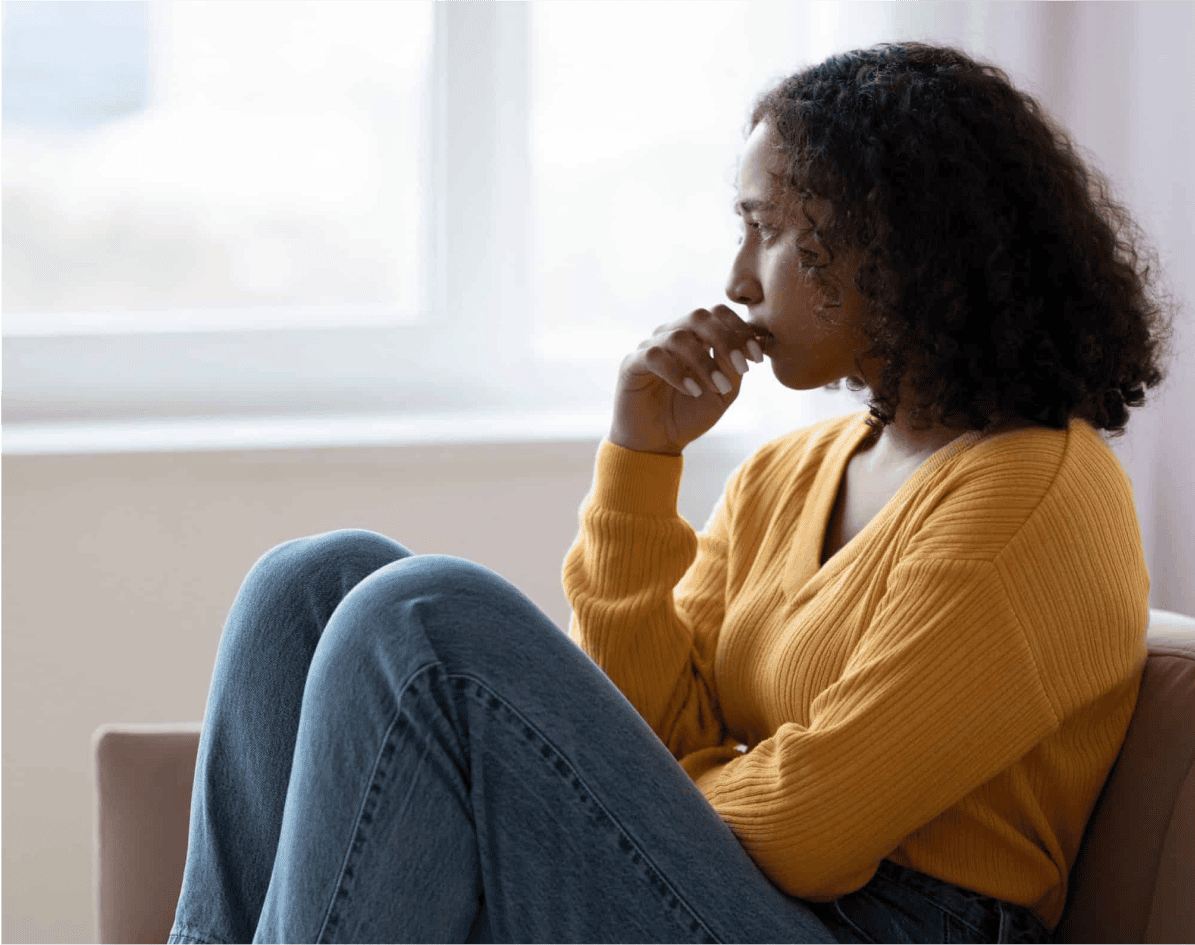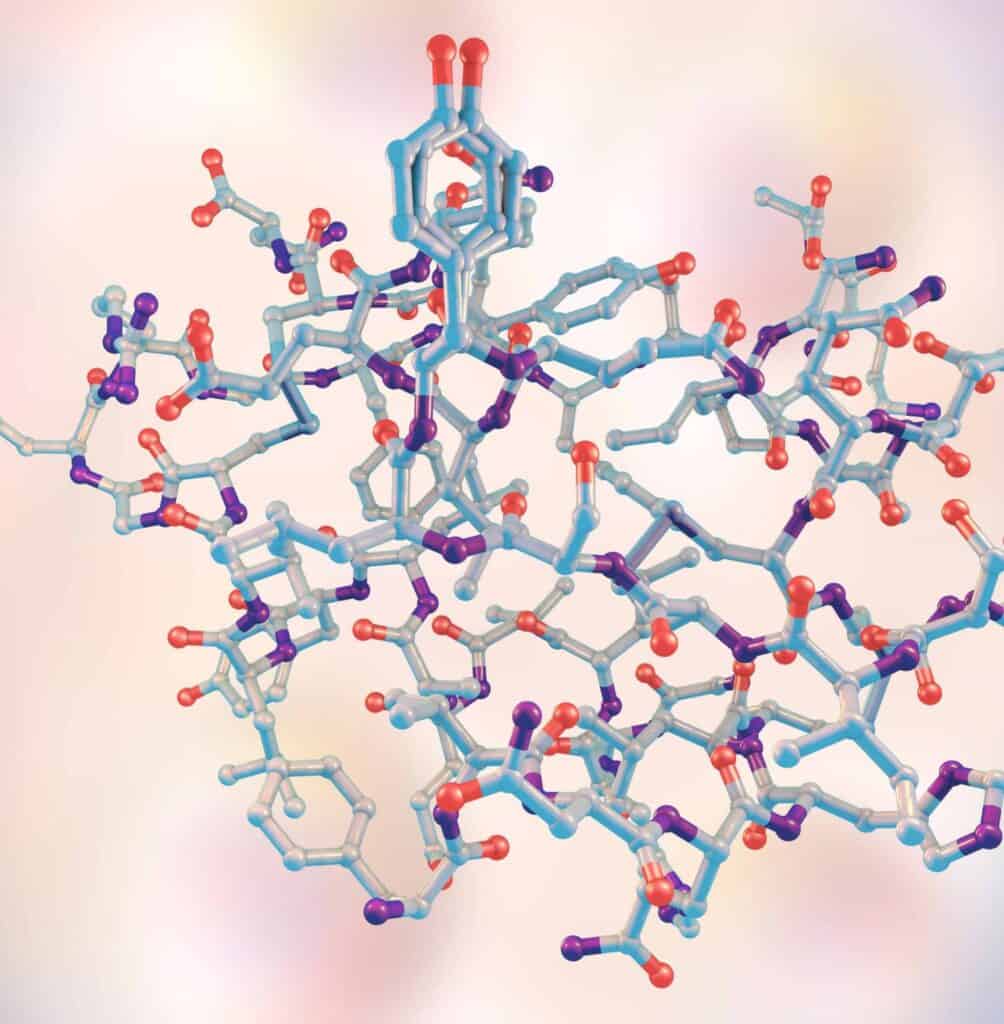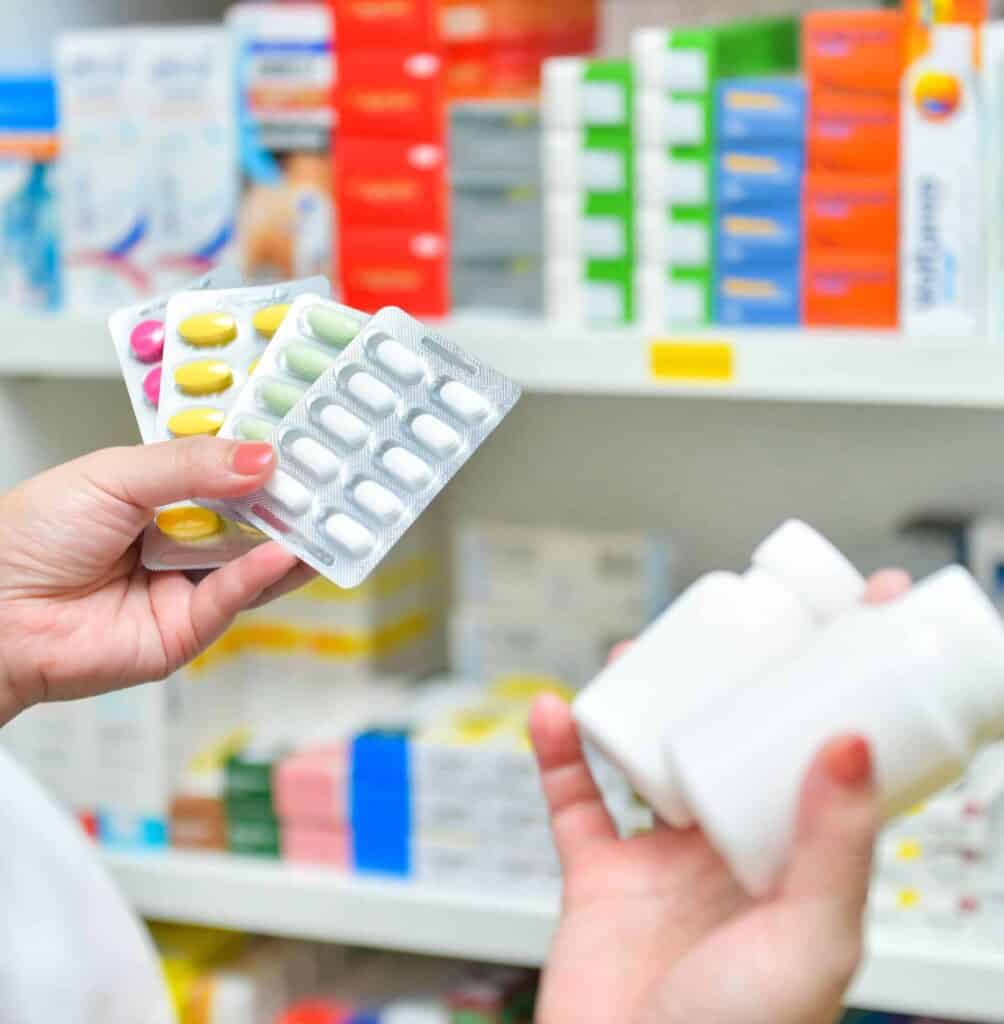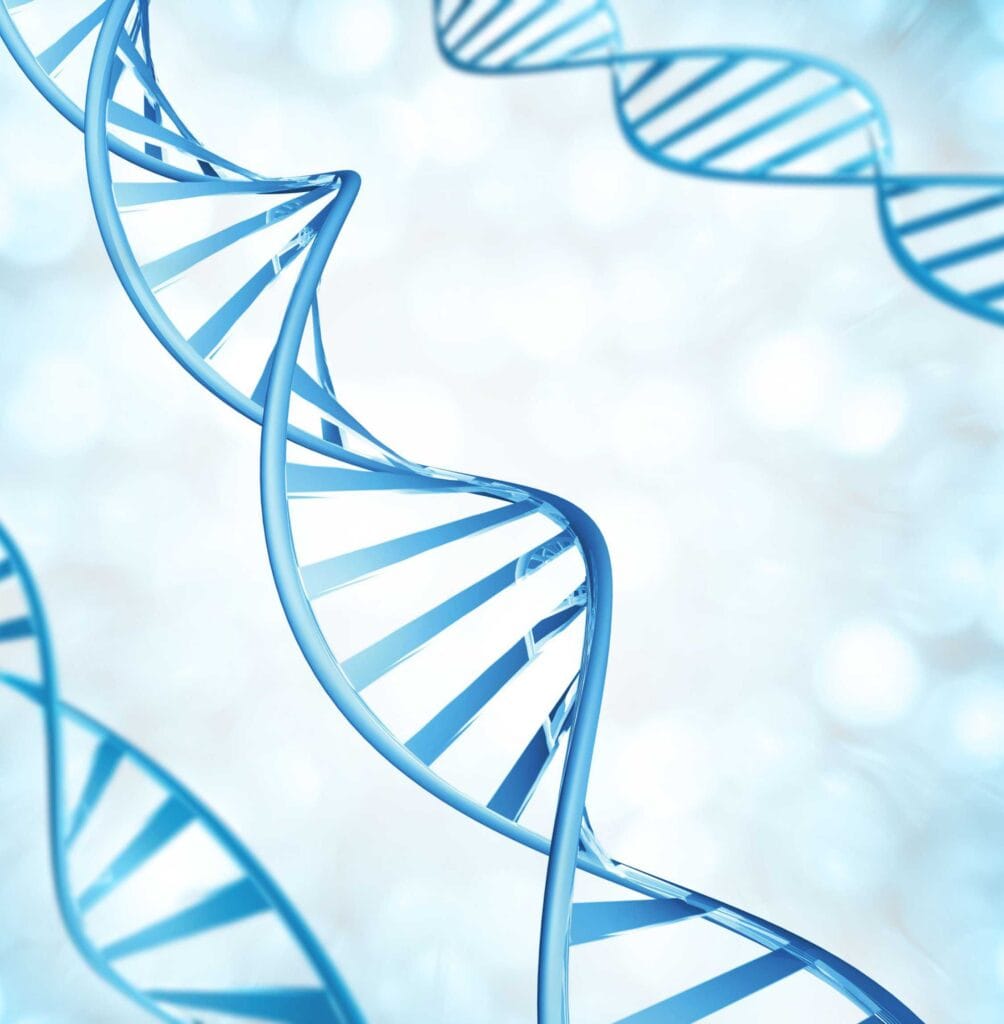If you’re dealing with symptoms of depression, even if it’s just mild depression, determining the right treatment for depression is incredibly important. Below are some of the most common ways to treat depression:
Psychotherapy
Psychotherapy, also commonly referred to as talk therapy or counseling, is a well-established method for treating mental disorders, including depression. The process involves talking with a trained therapist who uses talk therapy and evidence-based techniques to help navigate and improve emotional difficulties.
Common approaches, like cognitive-behavioral therapy (CBT) or interpersonal therapy (IPT), focus on addressing specific patterns and building skills to handle life’s ups and downs. By engaging in talk therapy coupled with other treatments, individuals can explore their feelings, thoughts, and behaviors more deeply and learn coping skills that can help them tackle depressive episodes or decrease the overall severity of their depression over time.
Medications
Medications, like antidepressant medications, can play a big role in treating depression by helping to ease symptoms. There are several types of prescription medications available, such as SSRIs (selective serotonin reuptake inhibitors), SNRIs (serotonin-norepinephrine reuptake inhibitors), tricyclic antidepressants, and atypical antidepressant medications.
These prescribed medications are given by a psychiatrist or primary care doctor, especially for moderate to severe depression. Finding the right medication and dosage is a personalized process, so working closely with a mental health care provider is essential.
Taking antidepressants coupled with psychotherapy has been shown to be the most effective treatment for depression. It’s important to note that medications may take several weeks to start working, and it’s crucial to continue taking them as prescribed even if you start feeling better.
Hospital and Residential Setting to Treat Severe Depression
For some people with depression, life can feel incredibly overwhelming, and outpatient care might not be enough. That’s where hospital or residential treatment programs can help. These depression treatment programs provide a safe and structured environment where patients can focus on feeling better one step at a time.
- Hospital stays are usually short-term and are a good option for those in crisis or who need immediate support for major depression.
- Residential programs offer longer-term care, providing patients with the time and space to get their lives back on track.
Outpatient Treatment Options to Treat Mild Depression
On the other hand, outpatient treatment options are ideal for those with mild depression who are still able to function in their daily lives. These programs offer flexibility and can be attended while maintaining work or school schedules.
Outpatient therapy may include individual counseling, group therapy, or a combination of both. It allows patients to address their depression while also learning coping skills and techniques to manage symptoms on their own.
Brain Stimulation Therapy
Brain stimulation therapy can be a helpful option if other treatments for depression haven’t worked. Brain stimulation therapy uses electricity or magnetic waves to activate or calm certain areas of the brain. Two common types are electroconvulsive therapy (ECT) and repetitive transcranial magnetic stimulation (rTMS), both approved by the FDA.
ECT is often used for more severe depression cases and involves small, controlled electrical currents to help improve symptoms. Repetitive transcranial magnetic stimulation uses magnetic pulses to target specific areas of the brain.
Exercise and Physical Activity
Regular exercise and staying physically active can make a big difference in how you feel, both mentally and physically. Activities like walking, yoga, swimming, or even dancing can help reduce stress and improve your mood. Exercise encourages the release of feel-good chemicals in your brain, often improving symptoms of depression and anxiety. You don’t need to run marathons or spend hours at the gym. Starting small, like with a 10-minute walk, can be a great first step toward improving your mental health conditions and overall well-being.
Building a Support Network
Having people you can rely on makes tough times easier to handle. A support network could include family members, friends, coworkers, mental health professionals, or support groups. Sharing how you feel with others you trust can lighten emotional burdens and help you feel less alone. It’s important to know you’re not in this alone, and leaning on others can make a real difference in your depression treatment process.
Self-Care and Stress Management
It’s helpful to explore relaxation techniques such as deep-breathing exercises or progressive muscle relaxation that lower overall stress, which is a known contributor to depressive symptoms. Creating time for hobbies or interests that bring you joy may seem simple, but it goes a long way toward lifting one’s spirits. It. can be challenging to make yourself do some of these things while you’re experiencing depressive symptoms, but it can be a constructive way to get you out of the cycle of depression.
Depression and Treatment Education
Understanding depression is a critical step toward managing and overcoming it. Depression is more than just feeling sad or experiencing temporary emotional lows; it is a complex mental health condition that can significantly impact daily life. It’s important to recognize that depression is not a sign of weakness but a medical condition that requires proper attention and care. Educating yourself about the condition and understanding the resources available can empower you or a loved one to take the first steps toward recovery.








